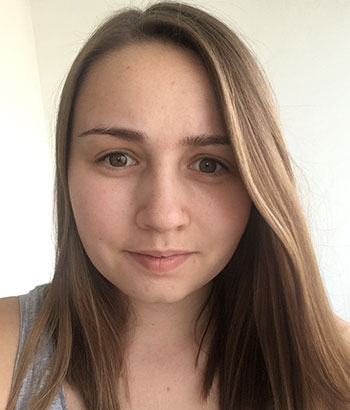Many health services were paused due to covid-19. Emma Doble describes the impact that this has had on new parents

When the UK lockdown was announced I was 8 months pregnant. Information and advice for pregnant women changed every day. There were questions on who could be there for the birth, whether our partner would be able to stay after the birth and what support would be available after the birth. Each hospital seemed to have different rules, adding to the stress and worry as we headed into the final days of my pregnancy.
As I also have Type 1 diabetes, I spent the last couple of months of my pregnancy preparing with my healthcare team for my induction, birth and for the first few weeks as a new family. Going into hospital for my induction, I knew that the hospital would feel very different to normal, but I had not imagined that this meant all the shared decision making and planning we had done would be cast aside. I also had not thought that it would mean the support on the ward after giving birth would be very minimal.
During my stay, health professionals spent as little time with us as possible. They would only come in the room to do the tests they needed. There was no discussion on how they could help me manage my diabetes other than a “what is your blood sugar level?” through a slightly opened door. Tests were taken, but results were never shared with us. I would try to ask questions while they were taking bloods or my blood pressure, but these were often answered as briefly as possible as they rushed out of the door.
I wanted to breastfeed. I was reassured that although it could be challenging with my diabetes, one of the advantages of being in hospital for a few days after the birth would mean there would be lots of feeding support. Unfortunately, due to the pandemic all the breastfeeding support staff and volunteers had been redeployed. This meant we really struggled to breastfeed, which I found very difficult to deal with.
I understand that there may have been a fear of being close to patients, but I was in their care. Coming into the room to do the tests they needed did not seem to be any concern. I felt alone and found the first few days of managing my diabetes, a new baby, and difficulties in feeding very challenging.
Once we got home from hospital all our health visitor appointments were cancelled. Only one was replaced with a phone call the day after we returned from hospital. All the diabetes follow up support I was due to have after the birth was also cancelled. I completely understand why the usual face to face appointments were cancelled, but I just wish that these had been replaced with a phone call. During those first few weeks, a call from a health visitor, my GP or a midwife would have been very welcome. With all the baby groups cancelled, the opportunity to just check in about how my baby was doing, and how I was coping, would have been very reassuring. I would have liked just to know that we had not been abandoned and that support was available if, and when, we needed it.
How new parents will now be picked up by the health service is so important. I hope that all new families will now be contacted by their health visitor or GP to catch up on the last few months. At the beginning of the pandemic there was so much uncertainty. As we adjust to the new normal, changes in support and care delivery need to be communicated to patients. One of the big challenges has been knowing where to get advice or support during this time, especially for those lighter issues, such as questions around feeding. We can all adjust to not seeing health professionals on a face to face basis, but the need for new parents to have support has not disappeared.
Emma Doble was diagnosed with type 1 diabetes at the age of 4 and is a patient editor at The BMJ, editing the “What Your Patient is Thinking” series.
Competing interests: Emma Doble is a freelance patient editor for The BMJ.
